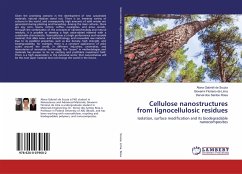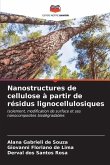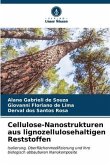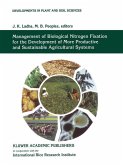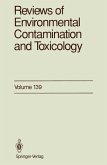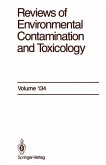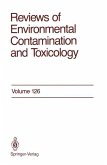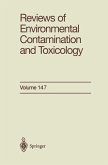Given the promising scenario in the development of new sustainable materials, natural residues stand out. There is an immense variety of cultures in the world, and consequently, high amounts of solid wastes are generated during planting and harvesting. Among the main cultures, there are soy, corn, beans, cotton, coffee, eucalyptus, and pinus woods. Through the combination of the concepts of nanotechnology and natural residues, it is possible to develop a high value-added material with a sustainable characteristic. Nanocellulose is a high performance and versatile material, that allies nano- and biotechnology, and renewable raw material. Due to its excellent properties, such as low density, high strength, and biodegradability, for example, there is a constant appearance of pilot scales around the world, in different industries, universities, and laboratories of innovative technology. The "boom" in methodologies and materials has proven to be an exciting and profitable investment field. There is a high expectation in the industrial sector that nanocellulose will be the next super material that will change the world in the future.

